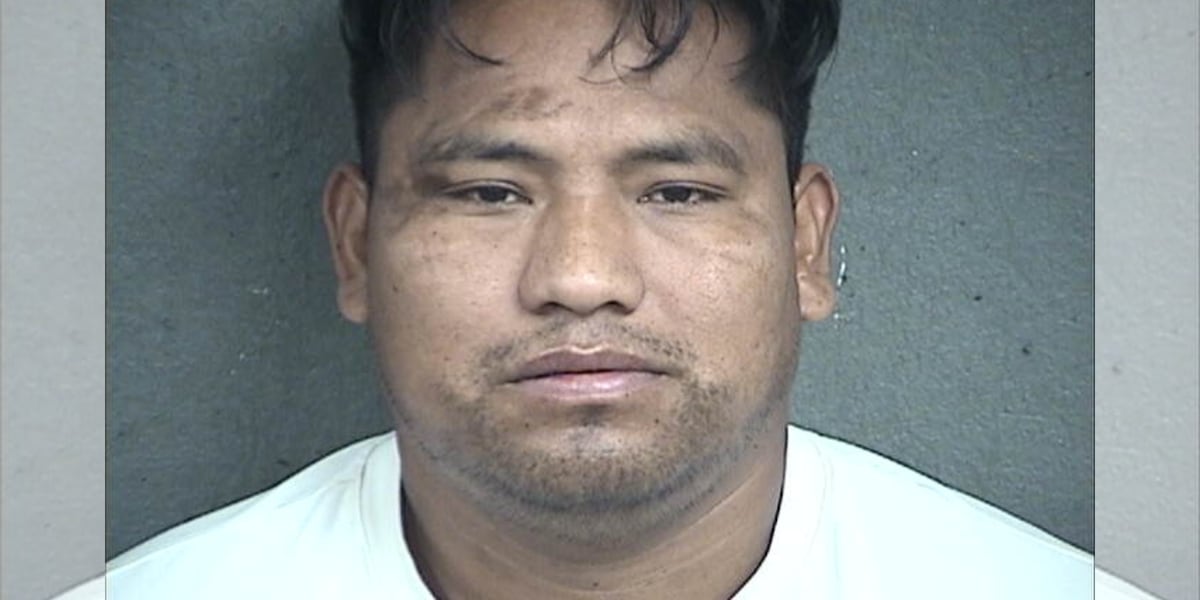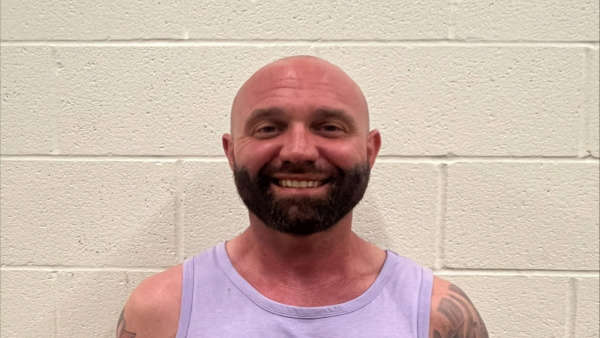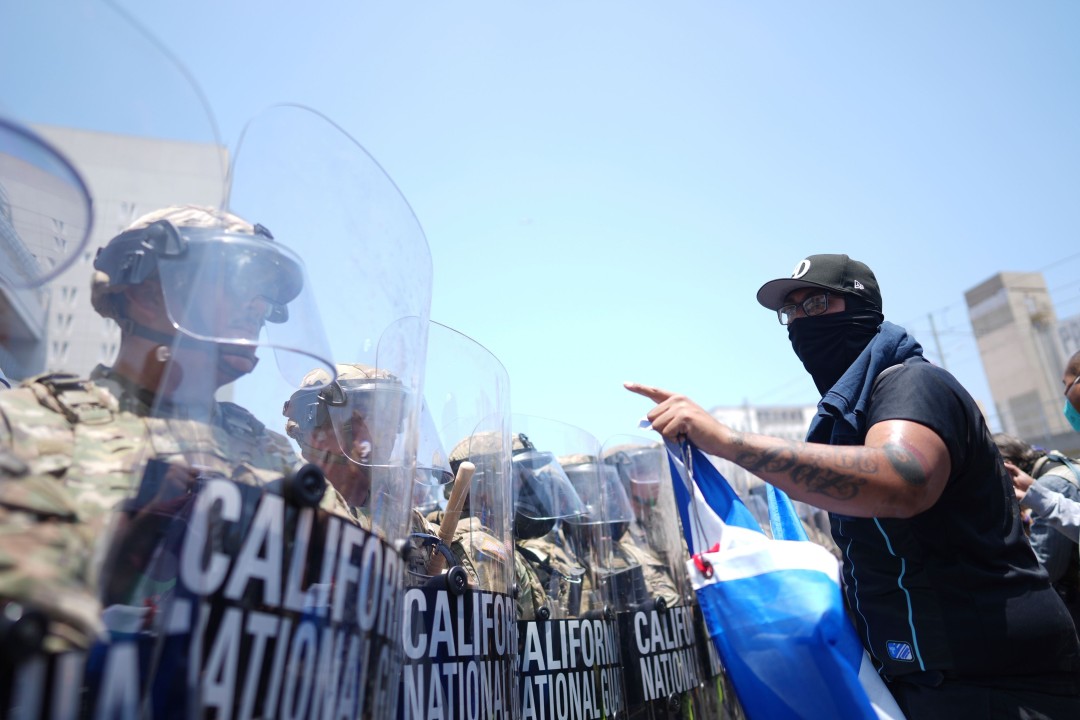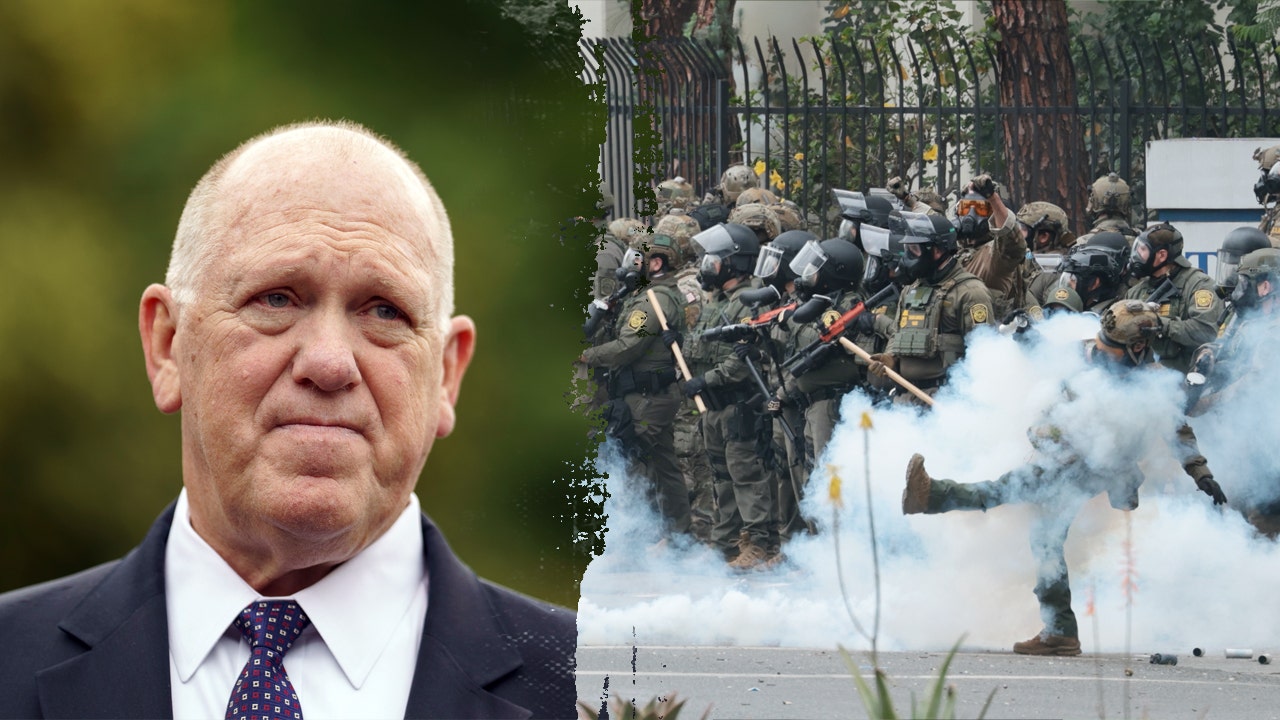Within 24 hours of learning that the suspect in the double murder of Steve and Wendy Reid was expected to flee the country, Concord police moved fast to locate and arrest Logan Clegg.
Due to the immediacy of the situation in October, detectives contacted Verizon Wireless directly to obtain the location of the phone believed to be in possession of Clegg, who fled six months earlier.
The information obtained by police, without a search warrant, was used to locate Clegg, then 26, at a library in South Burlington, Vt., where he was arrested on an outstanding Utah probation warrant. He was brought to New Hampshire and charged with two counts of second-degree murder, accused of shooting the Reids while they went for a walk near their home.
Without a warrant, police violated Clegg’s right to his privacy, his defense attorney argued in court this week. A hearing to suppress evidence against him took place at Merrimack Superior Court on Wednesday and Thursday where Concord Police Detective Marc McGonagle and Detective Wade Brown testified their actions were crucial to their apprehension of Clegg, who had a one-way ticket to Germany on him when he was arrested.
The reasons for quick action, Detective Brown said, were extensive. Clegg was a known felon with an active warrant for his arrest, he was trying to avoid being apprehended on that warrant by using aliases and living off the grid so as not to draw attention to himself, he had a history of destroying evidence by moving the victim’s bodies and burning his tent site, he had previously been arrested for illegally owning firearms and made threatening comments toward police.
The Reids “were strangers to him, they were innocent civilians walking on a public trail on a beautiful spring day,” Brown said. “There is no motive to explain the killings and we believed he posed a continued threat to the public. He could possibly do this again as we are approaching the point where he is going to be leaving the country.”
Despite the department’s request for information from Verizon that helped them locate Clegg, detectives later followed protocol and filed for a search warrant on the night of October 11, the day before Clegg was arrested, Brown said.
Defense attorneys argued police purposely chose to forgo the required process of obtaining a warrant that would have only added 30 minutes to their work, and therefore violated Clegg’s rights.
Clegg was tracked by police to South Burlington and taken into custody on Oct. 12 by Vermont State Police and the South Burlington Police Department, two days before his scheduled one-way flight to Germany.
In the following days, he was charged with two counts of second-degree murder in relation to the fatal shootings of the Reids and extradited to Concord for an arraignment. He remains held without bail pending a trial in July.
Defense attorney Caroline Smith also argued that Brown interfered with Clegg’s right to an attorney by communicating with him directly after his arrest, giving him updates on the Concord investigation and asking him how the conditions of the jail were. By continuing to speak with him, Brown could have elicited an incriminating response to Clegg in relation to the ongoing investigation, Smith argued.
“The point was to give him an update, I don’t care if there if there was a reaction,” Brown explained. “I told him not to ask questions because he had invoked an attorney.”
The updates Brown gave provided Clegg with information regarding his pending arrest and notified him that a search warrant had been conducted on his tent site in Centennial Woods in Vermont and his backpack, which produced a 9mm Glock handgun, $7,150 in cash, a one-way plane ticket and a Romanian passport bearing an alias.
Additionally, the defense questioned Brown on the timeline of events from the days leading up to the murders to the days following Clegg’s extradition including the first time detectives encountered Clegg in the woods days after the murders, how police learned of Clegg’s alias and discovered his true identity and groundbreaking information that tracked Clegg from Concord to South Burlington, Vermont, all of which was spelled out in the affidavit and other court documents.
The hearing is expected to continue into Friday. Clegg is scheduled to stand trial in July.
The Reids left their Alton Woods apartment complex for a walk around 2:22 p.m. on April 18 and never returned. Their bodies were found three days later near the Broken Ground hiking trails after their family reported them missing.
The case went unsolved for months and shook the community.
The Reids were known for their years of humanitarian work around the world and had recently moved to Concord to retire. They were outdoor enthusiasts who frequently walked at the Broken Ground trails, family and friends said.
Clegg was living in the woods prior to the double homicide and burned his tent and fled the area in the days after the shooting, according to court documents. Police said they later found bullet casings at the campsite that matched the ones found at the murder scene.
Following his arrest and a search of his campsite in Vermont, the New Hampshire State Forensic Laboratory was able to determine that the 9mm Glock handgun found in Clegg’s possession was a match for the bullets, fragments and casings found at the crime scene.
In 2018 after moving to Spokane, Washington from his hometown of Colville, a small mining town north of Spokane, Clegg was questioned by police for fatally stabbing a man during a fight on his way to work. The stabbing was ruled self-defense but Clegg had left the area before police could tell him he’d been cleared of all potential charges.
In 2020, Clegg was arrested twice in Utah where he was accused of breaking and entering, shoplifting and the illegal possession of firearms. At the time, Clegg was living in an abandoned building across the street from the police department when he was arrested, convicted and placed on probation. Per the requirement of his probation, he was not permitted to leave the state for three years but left for Portugal after seven months.
Four months later, he arrived in Boston and traveled to Concord. Five months later, the Reids were fatally shot.
Clegg is facing two counts of second-degree murder accusing him of knowingly causing the deaths of the Reids, two alternative counts of second-degree murder for recklessly causing their deaths by shooting them with a gun, four counts of falsifying physical evidence for concealing the bodies, burning his tent site and deleting evidence off his laptop and one count of being a convicted felon in possession of a firearm.
His trial is scheduled to begin on July 12. If convicted, he could face life in prison. He has pleaded not guilty to all charges.































